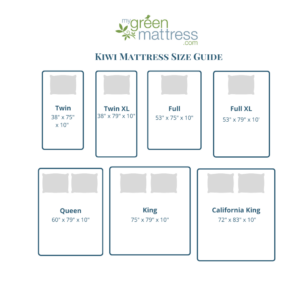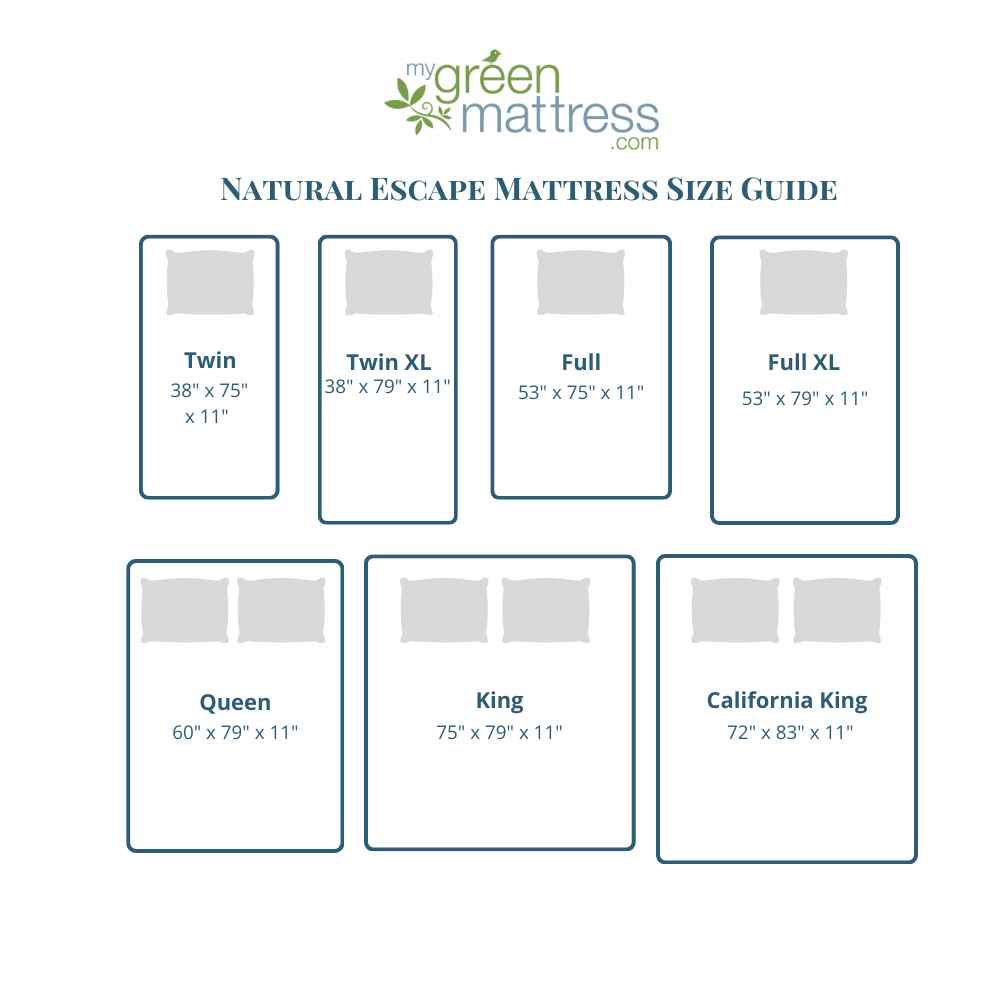If tossing and turning has become your nightly routine, consider an age-old remedy: aromatherapy. With their natural properties, essential oils don’t just smell good—they create an environment that tells your body and mind it’s time to rest.
Here’s everything you need to know about using aromatherapy for better sleep:
1. Choose the Right Essential Oils
Not all essential oils are created equal when it comes to promoting relaxation and sleep. Here are some of the best options:
- Lavender: Renowned for its calming properties, lavender reduces stress and promotes deeper sleep.
- Chamomile: A soothing scent that helps ease anxiety and tension.
- Bergamot: Known for its ability to reduce cortisol levels and promote relaxation.
- Ylang-Ylang: A sweet, floral aroma that lowers heart rate and blood pressure.
- Cedarwood: A grounding scent that can help calm the mind and prepare it for rest.
2. Incorporate Aromatherapy Into Your Routine
Aromatherapy works best when it becomes part of a consistent nighttime routine. Here’s how to integrate it into your evening:
- Diffuse essential oils: Use a diffuser to fill your bedroom with calming scents 30 minutes before bedtime.
- Apply topically: Mix a few drops of essential oil with a carrier oil like coconut or jojoba and apply it to your wrists, temples, or the soles of your feet.
- Add to a bath: Enhance your pre-bedtime bath by adding a few drops of your favorite sleep-inducing oil.
- Spritz your pillow: Create a DIY pillow spray with water and a few drops of essential oil for a subtle nighttime scent.
3. Create the Perfect Sleep Environment
Aromatherapy works best when combined with a sleep-friendly environment. Here are some tips to make your bedroom a sleep haven:
- Keep It cool and dark: Use blackout curtains and set the thermostat between 60-67°F for optimal sleep conditions.
- Minimize noise: Consider using a white noise machine to drown out disruptions.
- Invest in comfort: Choose quality bedding and a supportive mattress to complement your aromatherapy routine.
4. Practice Relaxation Techniques
Pairing aromatherapy with relaxation techniques can amplify its effects. Try these methods:
- Deep breathing: Inhale the soothing scents deeply for a count of four, hold for four seconds, then exhale slowly.
- Meditation: Focus on your breathing while surrounded by calming aromas.
- Progressive muscle relaxation: Combine this technique with essential oils to release tension from head to toe.
5. Be Mindful of Quality and Safety
For the best results, ensure you’re using high-quality essential oils. Look for 100% pure oils without synthetic additives. Additionally, always:
- Perform a patch test before applying oils to your skin.
- Keep essential oils out of reach of children and pets.
- Consult with a healthcare provider if you’re pregnant, nursing, or have a medical condition.
By choosing the right essential oils, creating a calming routine, and pairing it with other relaxation techniques, you can enjoy deeper, more restorative rest.









